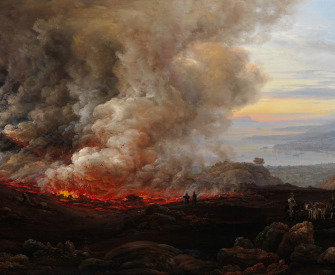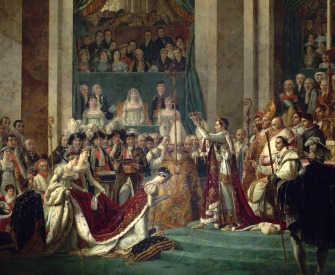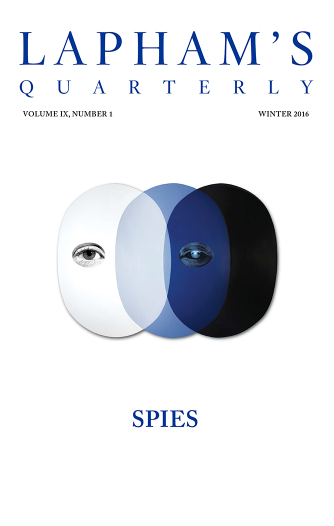I am sure that no European can at all imagine the entirely different feeling with which one lives in Egypt compared to anywhere else, nor describe it.
It is perfectly distinct from that in any of our living countries. It is like going into the sun and finding there not one living being left, but strewed about—as if they had been just used—all the work, books, furniture, all the learning, poetry, religion of the race, all the marks fitted to give one an idea of their mind, heart, soul, and imagination, to make one feel perfectly acquainted with their thoughts, feelings, and ideas, much more so than with those of many of one’s own kin. You open the journal left lying on the table and feel almost ashamed of prying into its secrets; you see the place where they have been praying, you walk about, expecting every moment the people to come in, but not a living being—all, all are gone, and not one “escaped alone to tell thee.” But it is not necessary for anyone to tell the tale—you read it written everywhere. But still, the star is a deserted one; it had a race, of which not one remains, for besides that, Egypt to a European is all but uninhabited. The present race no more disturbs this impression than would a race of lizards, scrambling over the broken monuments of such a star. You would not call them inhabitants, no more do you these.
So farewell, dear, beautiful, noble, dead Egypt, the country which brought forth a race of giants—giants in war, art, science, and philosophy. Farewell, without regret, without pain (except a merely personal sorrow), for there is nothing mournful in the remains of a country which, like its own old Nile, has overflowed and fertilized the world, and to which you can so plainly hear its Maker saying, “Well done.”
Goodbye, dear people: I am afraid you are tired of Egypt, but I have mercy now upon people for writing such stupid things upon her, it is impossible to write anything else.
From a letter. Named after the Italian city of her birth, the English nurse was able to read and write French, German, Italian, Greek, and Latin. At the age of sixteen she received a “call from God” that eventually led her in 1854 to lead a group of nurses to Scutari during the Crimean War. She reformed sanitation practices in the wards, working late into the night and earning the nickname, “Lady of the Lamp.”
Back to Issue



